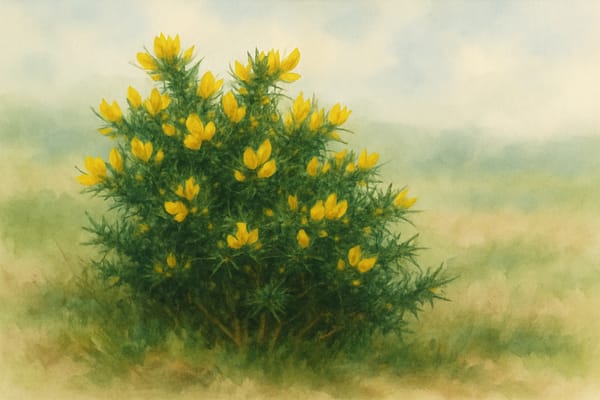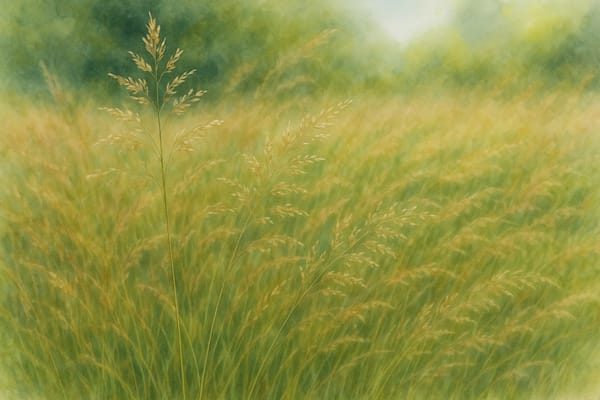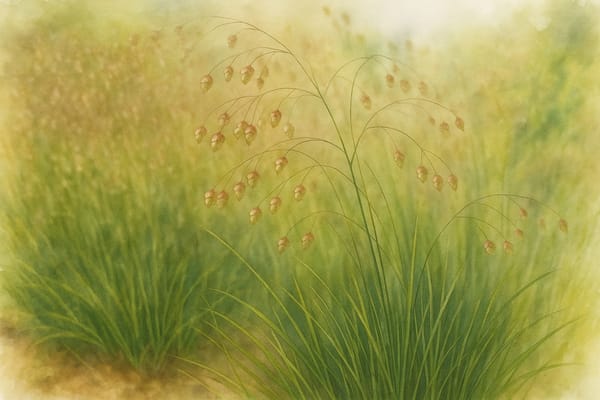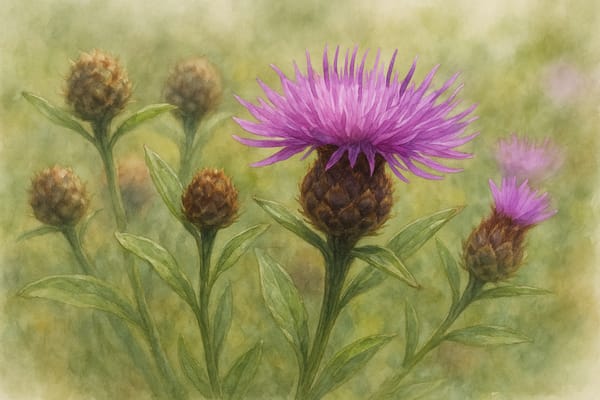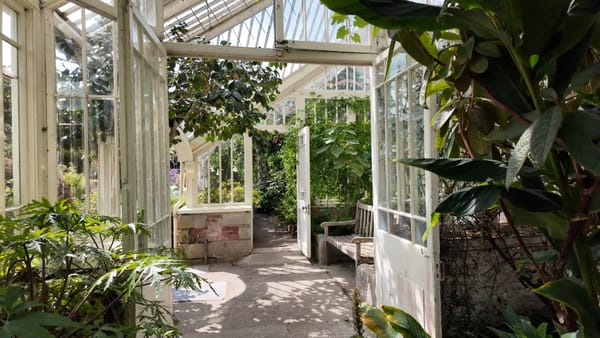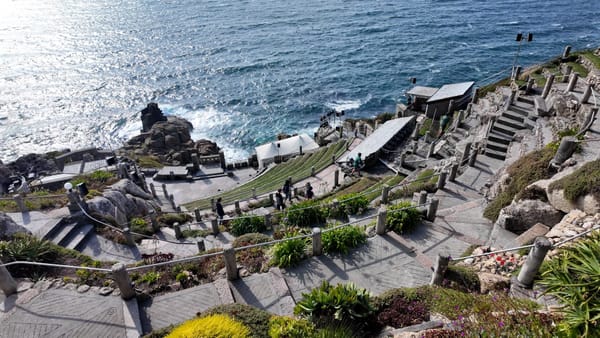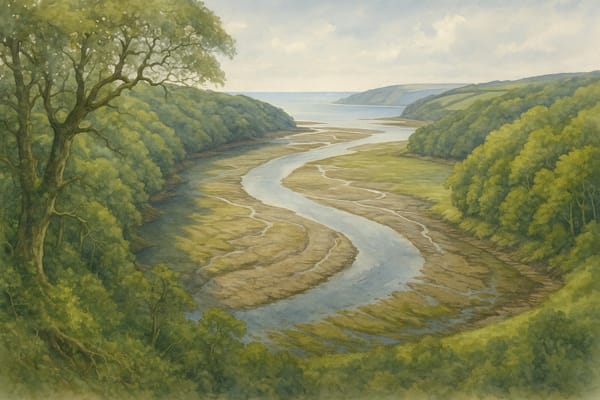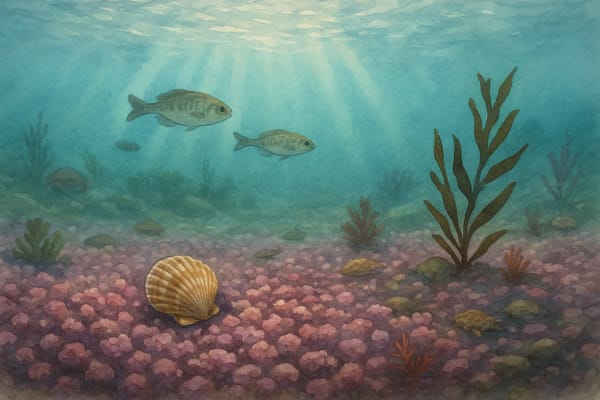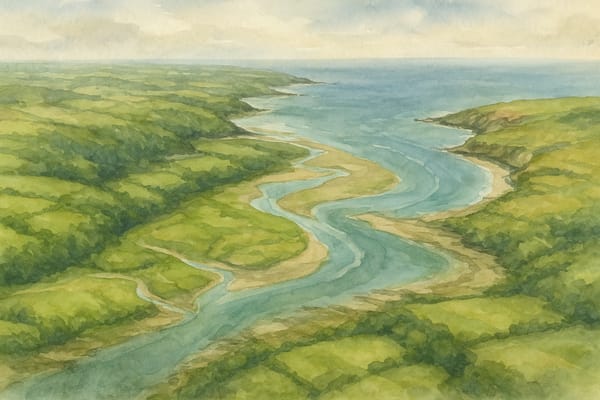Cornwall’s “Kissing Bush” — A Symbol of Protection, Resilience, and Wild Beauty
Historical and Cultural Significance
Folklore, Luck, and Protection
Gorse, or furze, is steeped in Cornish and British folklore. Its bright yellow blooms and thorny branches were believed to ward off evil, witches, and fairies. Hung on doors at May Day, it protected homes and brought good luck — though bringing it indoors was taboo.
The “Kissing Bush”
Its near-year-round flowering inspired the saying, “When gorse is out of bloom, kissing’s out of fashion,” making it a long-standing symbol of love, romance, and enduring affection in Cornwall and Devon.
National Flower of Cornwall?
Often called Cornwall’s national flower, gorse embodies the region’s resilience, beauty, and independence. Its connection to Saint Piran — Cornwall’s patron saint — and its place in community rituals make it a living emblem of Cornish identity.
Practical Heritage
Used for fuel, yellow dye, wine, livestock fodder, and hedging, gorse was a staple of rural life. Its dense, spiny growth provided natural fencing and vital wildlife habitat.
Growing Gorse in Coastal Gardens
| Requirement | Details |
|---|
| Light | Full sun essential |
| Soil | Well-drained, sandy or gravelly; poor, slightly acidic |
| Water | Drought-tolerant once established |
| Salt Tolerance | High; ideal for exposed coastal sites |
| Hardiness | Hardy in the UK; withstands wind, salt, and poor soils |
Care and Cultivation Tips
- Plant in open, sunny spots with poor, dry soil — perfect for slopes, wild areas, or natural hedges.
- Sow in autumn or spring; scarify seeds for better germination. Propagate with semi-ripe cuttings in summer.
- Water young plants until established. Mature plants need little to no watering.
- Prune after flowering to prevent legginess and control spread — left unchecked, gorse can become invasive.
- Avoid fertilizing; gorse fixes its own nitrogen.
- Use with caution in coastal gardens due to fire risk — avoid planting near buildings.
Coastal Garden Notes
Gorse is a natural windbreak and wildlife shelter, thriving in salt-laden winds and exposed ground. Its early blooms support pollinators, and its vivid colour adds seasonal brightness to rugged landscapes.
Summary
Gorse is a plant of protection, love, and resilience in Cornish folklore — a symbol of community, hope, and wild beauty. Thriving with minimal care in sunny, poor soils, it brings ecological value, bright blooms, and a powerful cultural story to coastal gardens.


